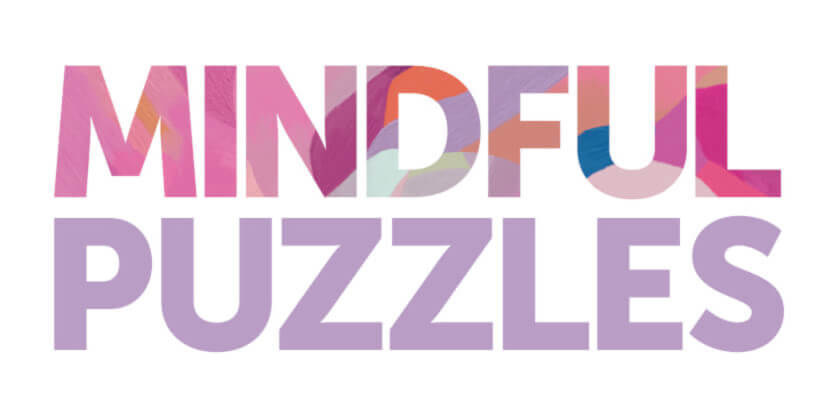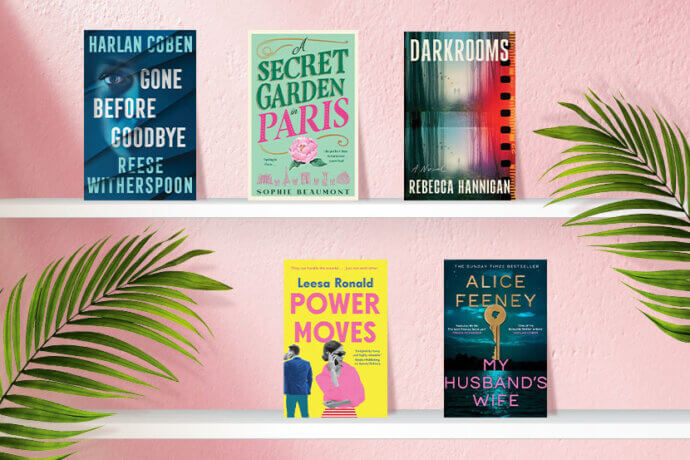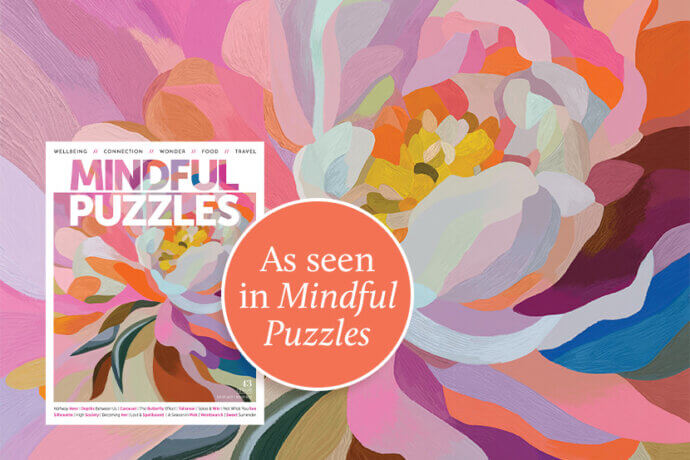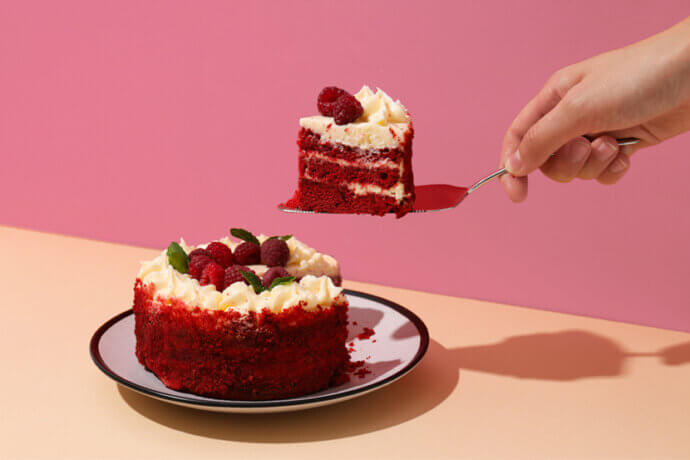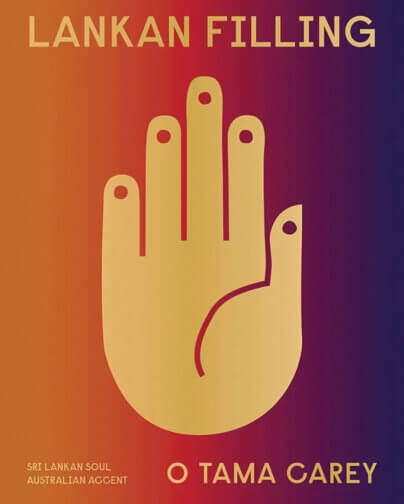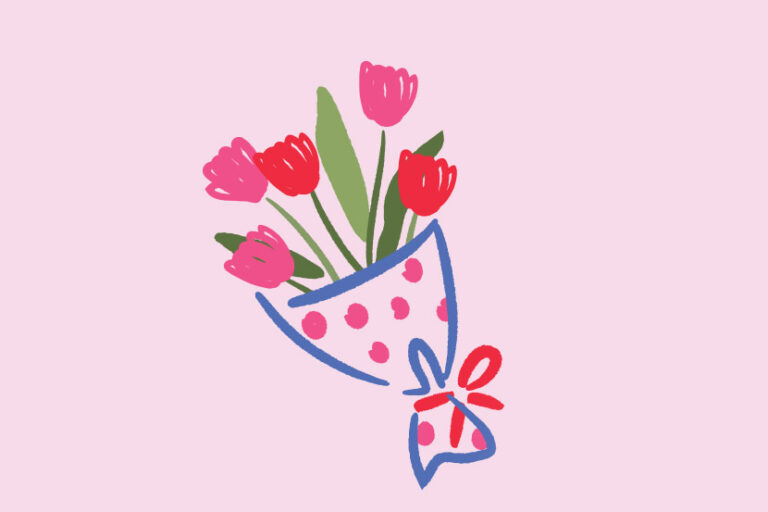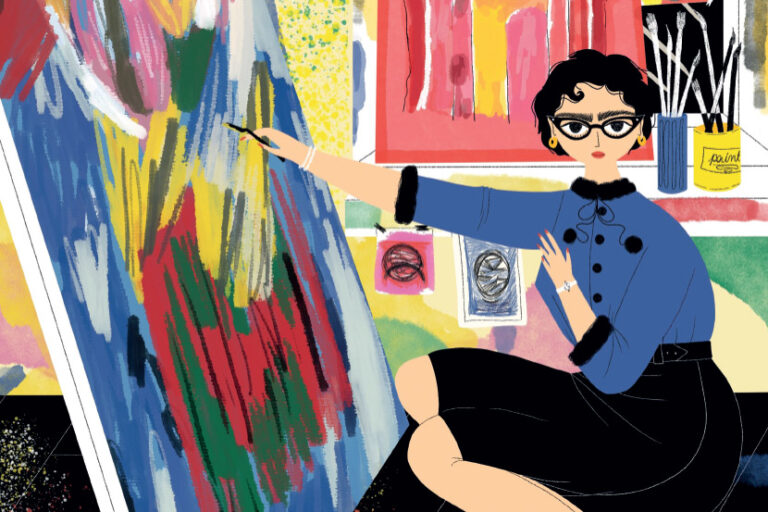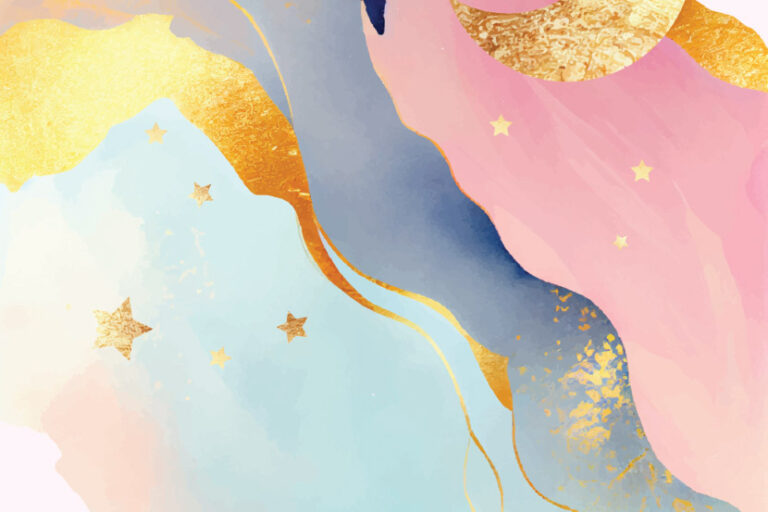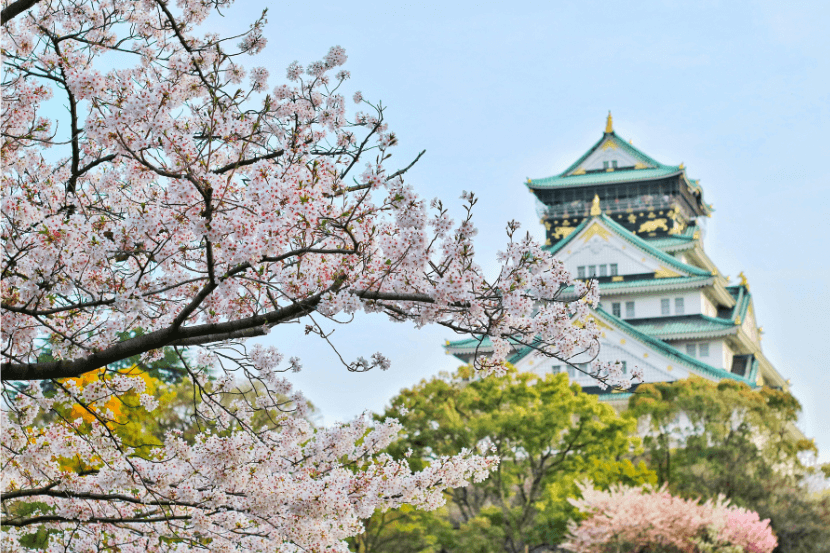
Delve into the poetic depth of the Japanese language, where every word paints a picture and carries the weight of cultural significance.
Explore terms like komorebi, shinrinyoku, and wabi-sabi, which beautifully encapsulate the philosophical and aesthetic nuances of Japan. These untranslatable words offer a unique lens through which to appreciate the intricacies of both language and life.
Exploring the untranslatable: Japan’s unique vocabulary
The English vocabulary is renowned for its vast array of descriptive terms. Yet, every language harbours words that challenge direct translation into English, offering a fascinating glimpse into different cultural landscapes.
Nature’s whisper: Komorebi and shinrinyoku
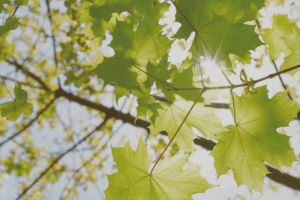
The Japanese language beautifully reflects the profound respect its people hold for nature and the changing seasons. The term komorebi describes “the sunlight that filters through the leaves of trees” – a serene, almost sacred natural phenomenon. Meanwhile, shinrinyoku translates to “forest bathing”, an immersive experience where one is bathed in the forest’s peace and beauty, illustrating the deep connection with nature embedded in Japanese culture.
Cultural depths: Yuugen and wabi-sabi
Yuugen suggests an awareness of the universe that evokes deep emotional responses, a term that captures the subtle mystery of existence with poetic precision. Wabi-sabi represents an aesthetic that finds beauty in imperfection, an acceptance of the natural cycle of growth and decay.
Politeness in language: Ojama-shimasu and itadakimasu
Japanese terms also reflect the politeness and sensitivity deeply ingrained in the culture. Ojama-shimasu is uttered upon entering someone’s home, acknowledging and apologizing for the intrusion in advance. Itadakimasu, said before meals, expresses gratitude for all the efforts behind the food preparation, symbolising respect for all life forms.
Living artfully: Ikigai and kintsugi
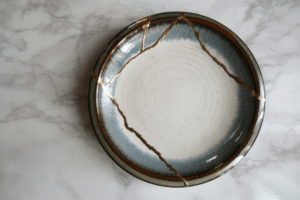
Ikigai refers to one’s reason for being, combining ‘iki’ (life) and ‘gai’ (value or worth). It is a profound reflection on personal purpose and fulfillment. Kintsugi, the art of repairing pottery with gold or silver, teaches that something breaking is not the end, but a transformation into something more beautiful.
The beauty of now: understanding Ichi-go ichi-e
The proverb ichi-go ichi-e (“one time, one meeting”) encourages cherishing every encounter, as it will never recur in the same way. It’s a poignant reminder of the fleeting nature of moments and the beauty of their uniqueness.
The language of family: Haha and okaasan
In Japanese, your own mother is tenderly referred to as haha, whereas other people’s mothers are respectfully called okaasan. This distinction subtly honours the intimacy and universality of maternal roles.
